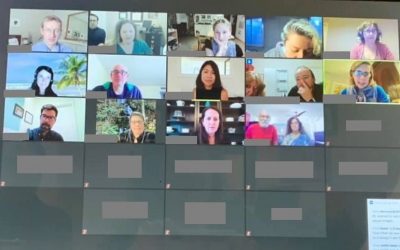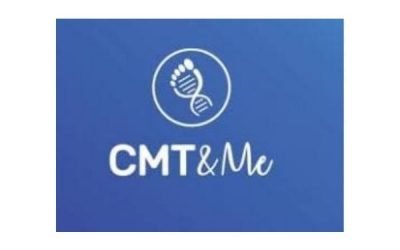Impact That Matters
Learn about HNF’s Research InitiativesResearch programs that can change people’s lives
We prioritize research programs that will change people’s lives by partnering with innovative researchers and industry leaders.
We ONLY support projects that have potential to have an impact on human health.
- To partner, contact Joy Aldrich: [email protected]
- To submit a research proposal, contact Allison Moore: [email protected]
TRIAD
HNF developed the Therapeutic Research in Accelerated Discovery (TRIAD) as a patient-led collaborative network with academia, government, and industry to develop treatments for CMT. Currently TRIAD involves many groups that span the drug discovery, drug development, and diagnostics continuum.
Our core philosophy mandates that we collaborate with our patient community and strategic partners compassionately, honestly and with integrity. The patient always comes first and drives our patient support and research efforts.
CMT & Pediatrics
HNF has a dedicated CMT & Pediatric initiative to support the development of clinical trials.
GRIN
As part of TRIAD, in 2013, the Global Registry for Inherited Neuropathies (GRIN) was developed as an extension to conduct patient-focused research & development for treatments and cures. The patient voice is at the forefront of all we do. By Incorporating the patient voice from the very beginning, our research programs have the greatest potential for success.
HNF funds research with one goal in mind, advancing to clinical trials. Partnerships vary depending on research goals, milestones met, preclinical or clinical development and the strategic alliance agreement.
SORD: A Lesson in Repurposing Drugs to Treat Hereditary Neuropathy
Research from a mutation on the SORD gene
TRPV4 Hereditary Neuropathy Patients Connect with Johns Hopkins Experts to Push Research Efforts Forward
Community connected with the TRPV4 HN team at Johns Hopkins
CMT1A Clinical Trial Update: Pharnext PREMIER trial of PXT3003
The PREMIER Trial, which is being conducted in patients with mild-to-moderate CMT1A, is expected to enroll approximately 350 subjects ages 16-65 with a confirmed genetic diagnosis of CMT1A.
Mouse Models of Human CNTNAP1 Mutations: Strategies to Rescue and Restore Functions
Research with the Department of Cellular and Integrative Physiology UT Health San Antonio, TX
Free CMT Genetic Testing for a Common Axonal type of CMT to Prepare for Clinical Trial
A new type of Charcot-Marie-Tooth (CMT) has recently been identified caused by mutations in the SORD gene.
3 Reasons to Join the Global Registry for Inherited Neuropathies – GRIN!
What GRIN is and why you should join
CMT&Me COMPETITION
Participating during CMT month
US Food and Drug Administration has agreed with Pharnext and provided clear guidance on the regulatory pathway to approval for PXT3003, including key design elements of a single pivotal Phase III study
The FDA has agreed with the key elements of Pharnext’s approach for the developmental pathway to approval for PXT3003.
The Miracle We’ve Been Praying For!
Alana Kohler’s story of having CMT4A.
Press Release: Pharnext provides regulatory and clinical update on PXT3003 Phase III study for the treatment of Charcot-Marie-Tooth Type 1A
US Food and Drug Administration has agreed with Pharnext and provided clear guidance on the regulatory pathway to approval for PXT3003, including key design elements of a single pivotal Phase III study








